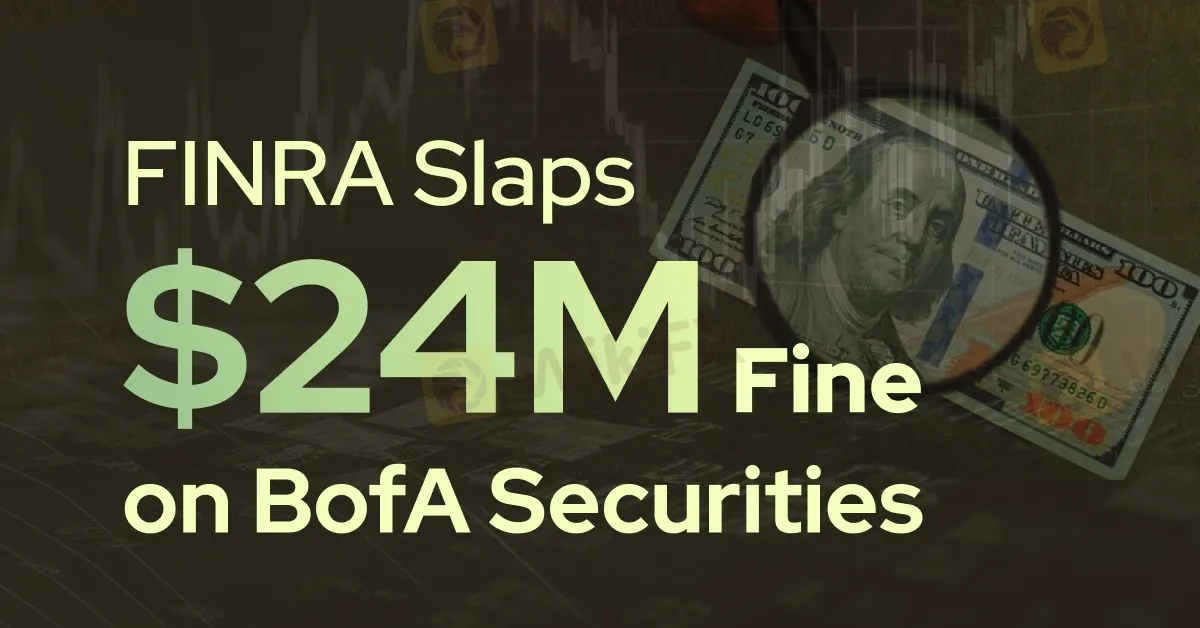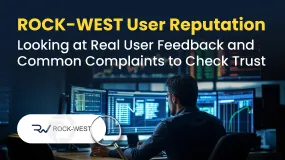Abstract:FINRA levies $24 million fine against BofA Securities for alleged spoofing and supervisory failures, unveiling ongoing regulatory scrutiny across financial markets.

The Financial Industry Regulatory Authority (FINRA) has taken action against BofA Securities, imposing a significant fine of $24 million. This penalty comes as a result of the firm's alleged involvement in more than 700 instances of spoofing and associated supervisory shortcomings within the US Treasury secondary markets, spanning over a six-year period.
Spoofing, a practice involving deceptive orders to fabricate market activity, was reportedly employed by BofA Securities through two former traders in the US Treasury secondary markets from October 2014 to February 2021. The firm stands accused of engaging in 717 instances of spoofing during this time.
The Executive Vice President and Head of Enforcement at FINRA, Bill St. Louis, expressed concern, highlighting that spoofing undermines market transparency and integrity by distorting actual supply and demand. He emphasized that this action underscores FINRA's commitment to vigorously pursue firms involved in spoofing, including cross-product spoofing.
Throughout this duration, BofA Securities failed to establish and sustain a supervisory system capable of detecting spoofing activities in the US Treasury markets. Although a system was implemented by the company in November 2015, it remained inadequate until mid-2019, primarily detecting algorithmic spoofing and not manual manipulation by traders.

While BofA Securities has accepted FINRA's findings without admitting or denying the charges, it's worth noting that the company was previously fined $325,000 last year by FINRA for allegedly issuing inaccurate monthly reports for order execution.
The regulatory body disclosed that between January 2014 and February 2022, BofA Securities incorrectly reported order execution statistics for its two market centres, MLCO and MLIX. The company reportedly disregarded the requirement to present separate statistical information under Rule 605, leading to combined reports for both centres being published.
In a separate incident, Credit Suisse faced scrutiny when FINRA fined its US subsidiary $900,000 for deficiencies in regulatory reporting. The violations involved tardy trades and inaccurate reports from November 2015 to March 2023 on the Trade Reporting and Compliance Engine.
Earlier this year, Webull was subject to a $3 million penalty by FINRA. The focus was on the firm's oversight in onboarding options traders and the absence of adequate supervisory systems to identify and address customer complaints. This oversight led to the approval of roughly 9,000 unqualified traders, including more than 2,500 customers under 21 without the required options trading experience.











